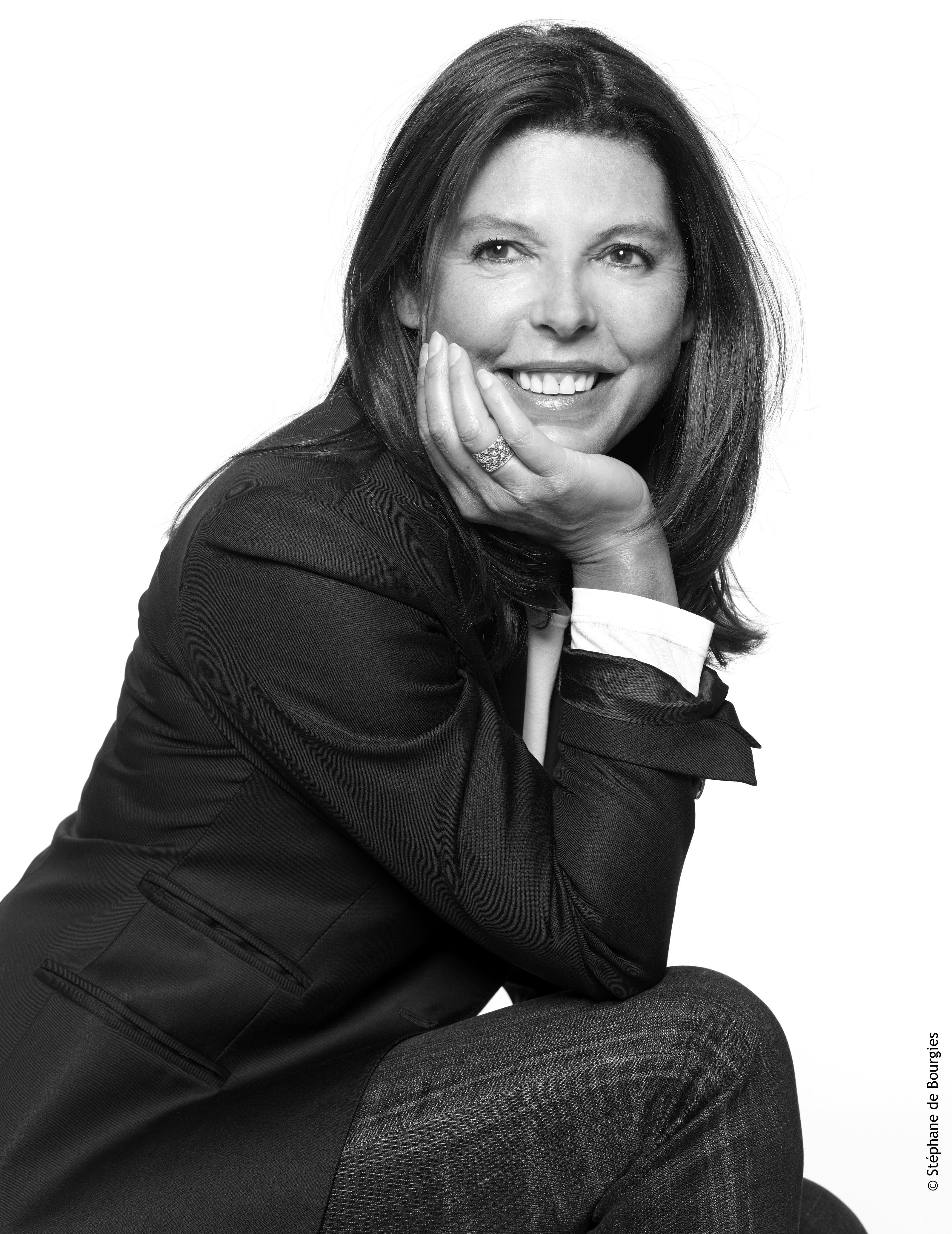Why do you do what you do? What makes you get out of bed in the morning? What drives you to keep going when confronted with obstacles or setbacks?
If you want to unleash that phenomenal power as a leader, start by clarifying what really drives you. Do you have a good handle on your own “why?” If it is only about advancing your career, making more money for shareholders, or selling more widgets, you might find it hard to be an inspiring leader. Instead, look deeper to find your connection with a more universal, higher purpose that others can share. This makes people want to work for and with you and give their very best when they do—knowing your deeper “why” will also make decisions easier for you, as they can be measured against the yardstick of that higher purpose.
It starts with you. If you’re not clear on what your own “why” is, how can you tell if it aligns with what you do or with what your company does? You can’t. How can you communicate it effectively? You can’t. How can you convince others driven by the same purpose to follow you? You can’t. Your “why” is what Bill George, former CEO of Medtronic, who teaches leadership at Harvard Business School, calls your “true north.”
More often than not, however, defining this true north is easier said than done. Caught up in our daily lives, we rarely take time to stop and ask ourselves what fundamentally drives us to do the work we do. Almost all of my coaching clients face this. Perhaps they once thought they knew, but then things changed. Or they changed.
So, where do you start (or start again)? You start at the beginning. What was your childhood dream? What did you want to become?
As children, we don’t need to know who we are; we just are. While our brains are still under construction, anything seems possible to us. But later, we get influenced by events, our environment, and the opinions of others, all of which shape our sense of what’s possible. Our prefrontal cortex, responsible for complex decision-making and impulse control, develops as we grow; as we become more rational and better at self-control, we also lose spontaneity and develop inhibitions. We become more “reasonable” and dream smaller. Sometimes, we even stop dreaming at all.
Yet dreams often carry the seed of our “why.” They power our achievements. They are the emotional fuel that gives us purpose and propels us forward, feeding our desire to go further. Dreams strengthen our resilience and provide fresh ideas, so we can rebound when faced with adversity.
Am I saying that you should drop everything and become the firefighter or pop singer you once dreamed you would become? No. The purpose here is to look for clues and then zoom in on what it was in those early aspirations that gave you life. The point is to find ways to adapt and integrate that life-giving, chest-expanding energy back into yourself and find its broader meaning.
Growing up, Estelle wanted to be a schoolteacher. She never became one. When she started working with me, she ran her own tech company and led workshops, helping other businesses turn digital. In working together, she realized her purpose had, in fact not changed at all. She was still driven by the same desire to share knowledge and to help others grow and learn something new. Her business was in perfect alignment with her “why.” Being able to see it and articulate it gave her a clearer focus, sharpened her communication, and made decisions much easier because she could test the choices that she faced against her “why” and make sure they were in alignment.
If you dreamed of becoming a doctor, chances are you are keen to help others heal. Some of my clients’ dreams of becoming soccer stars revealed their penchant for working towards collective achievement as well as for competition. If old childhood dreams have long been forgotten, or nothing in them speaks to you any longer, look for a more recent one. If you could do anything, what would you do, and why?
Consider also that what might have felt right for you at one stage in your life may no longer. We change and evolve, as do our circumstances and the world around us. Through our life experiences, we ideally learn more about who we are and refine our path accordingly. For some of us, our “why” might remain broadly the same, but its manifestation may evolve. My own teenage dream of becoming an Olympic champion morphed into something different as I grew older, and I decided to embark on a different path.
Whatever the dream is, step back from the specifics, identify its building blocks, and rearrange them in a configuration appropriate for where you are today.
What was your childhood dream? Think about why. What in that dream gave you life?
What are the major elements of that dream? How did you integrate them, or some of them, into your life? And if you have not, how could you still do so?
In what way is your profession congruent with what you care deeply about?


